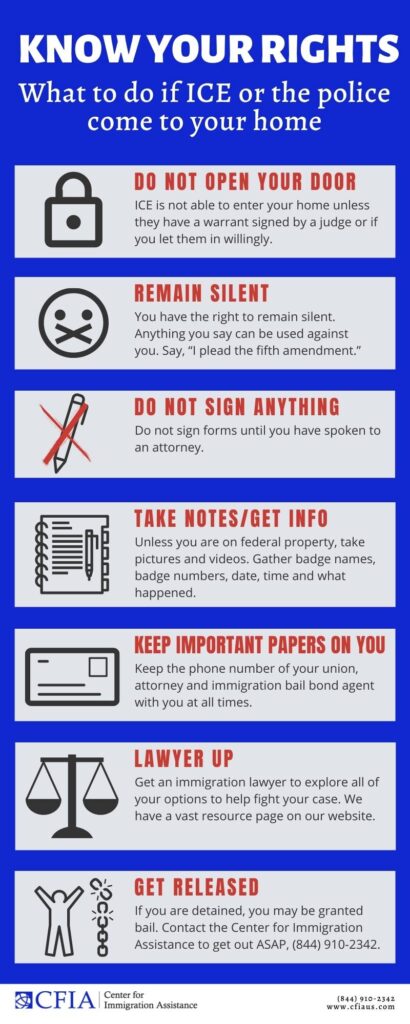A police raid can be a terrifying experience, regardless of whether you’ve done anything wrong. The sudden intrusion into your personal space and the presence of armed officers can be overwhelming. It’s crucial to remember that even if you haven’t committed any crimes, you still have rights during a police raid. Understanding these rights and knowing how to exercise them can help protect you from potential harm or false accusations. This article will delve into your legal rights during a police raid, emphasizing the importance of remaining silent and seeking legal counsel when necessary.
This article will explore the various aspects of your rights during a police raid, starting with an overview of your fundamental protections. We’ll then examine the nuances of warrantless searches and discuss the significance of remaining silent and consulting an attorney. Finally, we’ll address the crucial issue of evidence of wrongdoing and how it impacts the outcome of a raid.
Police Raid Rights
You have certain fundamental rights during a police raid, even if you haven’t done anything illegal. These rights are enshrined in the U.S. Constitution and are designed to protect individuals from unreasonable searches and seizures. The Fourth Amendment specifically prohibits unreasonable searches and seizures, requiring law enforcement to obtain a warrant based on probable cause before entering your home or conducting a search.
However, there are exceptions to this rule. For example, if police have probable cause to believe that you are in immediate danger or that evidence of a crime is being destroyed, they may conduct a warrantless search. Additionally, if you consent to a search, police may enter your home without a warrant. It’s important to remember that consent must be freely and voluntarily given; any coercion or pressure from law enforcement can invalidate your consent.
Warrantless Searches

While the Fourth Amendment generally requires a warrant for searches, there are certain circumstances where warrantless searches are permissible. One such exception is “probable cause.” If police have probable cause to believe that a crime has been committed and that evidence of that crime is located in your home, they may conduct a warrantless search.
Probable cause requires more than mere suspicion; it demands specific facts and circumstances that would lead a reasonable person to believe that a crime has occurred. For example, if police witness you committing a crime or receive reliable information from an informant about illegal activity taking place in your home, they may have probable cause for a warrantless search.
Consent
Another exception to the warrant requirement is consent. If you voluntarily agree to allow police to search your home, they may do so without a warrant. However, consent must be freely and willingly given; any coercion or pressure from law enforcement can invalidate your consent. It’s important to remember that you have the right to refuse a search, even if police claim to have probable cause.
Remaining Silent
One of the most crucial rights you possess during a police raid is the right to remain silent. This right is protected by the Fifth Amendment of the U.S. Constitution and prevents you from being compelled to incriminate yourself. Anything you say to police can be used against you in court, so it’s always best to exercise your right to silence.
If police ask you questions during a raid, politely but firmly state that you wish to remain silent and that you want to speak with an attorney. You have the right to consult with an attorney before answering any questions or providing any information to law enforcement. Remember, anything you say can be used against you, so it’s best to err on the side of caution and remain silent.
Consulting an Attorney

Seeking legal counsel is essential if your home is raided by police, even if they find nothing illegal. An experienced attorney can advise you on your rights, protect your interests, and ensure that your constitutional protections are upheld.
An attorney can also help you navigate the complexities of the legal system, especially if charges are filed against you or if there are any civil implications arising from the raid. Having legal representation can provide peace of mind and ensure that your case is handled effectively.
Evidence of Wrongdoing
If police conduct a raid on your home and discover evidence of wrongdoing, they may arrest you and file charges against you. The type of evidence found will determine the severity of the charges and the potential penalties you face.
It’s important to remember that even if you are arrested, you have the right to remain silent and to consult with an attorney. Your attorney can help you understand the charges against you, build a defense strategy, and negotiate with prosecutors on your behalf.
Conclusion
A police raid can be a stressful and unsettling experience. Understanding your rights during such an event is crucial for protecting yourself from potential harm or false accusations. Remember to remain silent, consult with an attorney, and assert your constitutional protections. By knowing your rights and taking appropriate action, you can navigate this challenging situation effectively and protect your legal interests.



